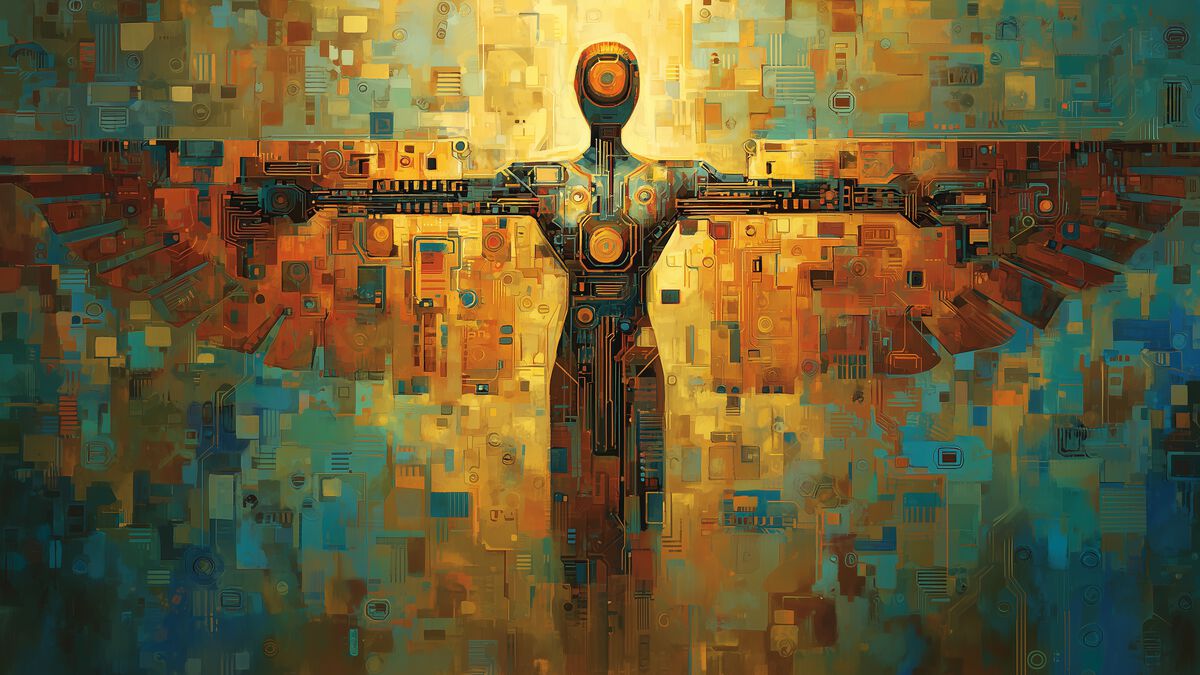Science Can Inform Mormon Visions of the Future
Lincoln Cannon
20 July 2008 (updated 3 January 2026)
Recently, a Mormon blogger, R Gary, claimed that “Science [is] not always a good bet” when considering the feasibility of futures anticipated by prophetic vision. However, science does enable us to predict how futures similar to those he described may be possible, particularly given long-standing trends in technology.
Lambs and lions laying down together, if you want to interpret that literally, may be achieved through genetic manipulation of lambs and lions. Transformation of the Earth into something more like our imaginations of paradise may be the result of nanotechnological environmental interventions.
Transcendence of natural laws happens all the time. There was a day when humans could not see so far, fly so high, or swim so deep as we now can. And science predicted such capacities prior to our technological implementation of such capacities.
Even death, now, has come within the scope of engineering problems, as we quickly learn the causes of aging and work to counteract them. From there, I trust we’ll engage in the work of learning, as all other Gods before us, the detailed processes involved in resurrection, so that we may join Jesus as saviors on Mount Zion and continue forward with the glorious work of redeeming the dead.
Science is not a bad bet for any of these things. To the contrary, it is the best bet currently available to us for seeking after and understanding the details necessary for working actively toward fulfillment of futures foreseen in prophetic vision.
Prophecy and science are in opposition only to the extent we so insist. We can, however, leverage science for what it is: inspired knowledge. And we can leverage technology for what it is: endowed power. And we can work together in practical ways toward the better world long prophesied.
R Gary sees resurrection as a future altogether different in kind than one to which we might aspire through continued technological progress. And he suggests that he and I are not talking about the same theology.
I trust information persists in more ways than we can now imagine. And I think it worth imagining how resurrection might be possible as a future that stems from our rapid technological progress, rather than only depending on magic beyond our means.
If your theology is about supernaturalism or immaterialism then we’re certainly not talking about the same theology. My faith is in a natural material God, like whom we may become through natural material processes.



